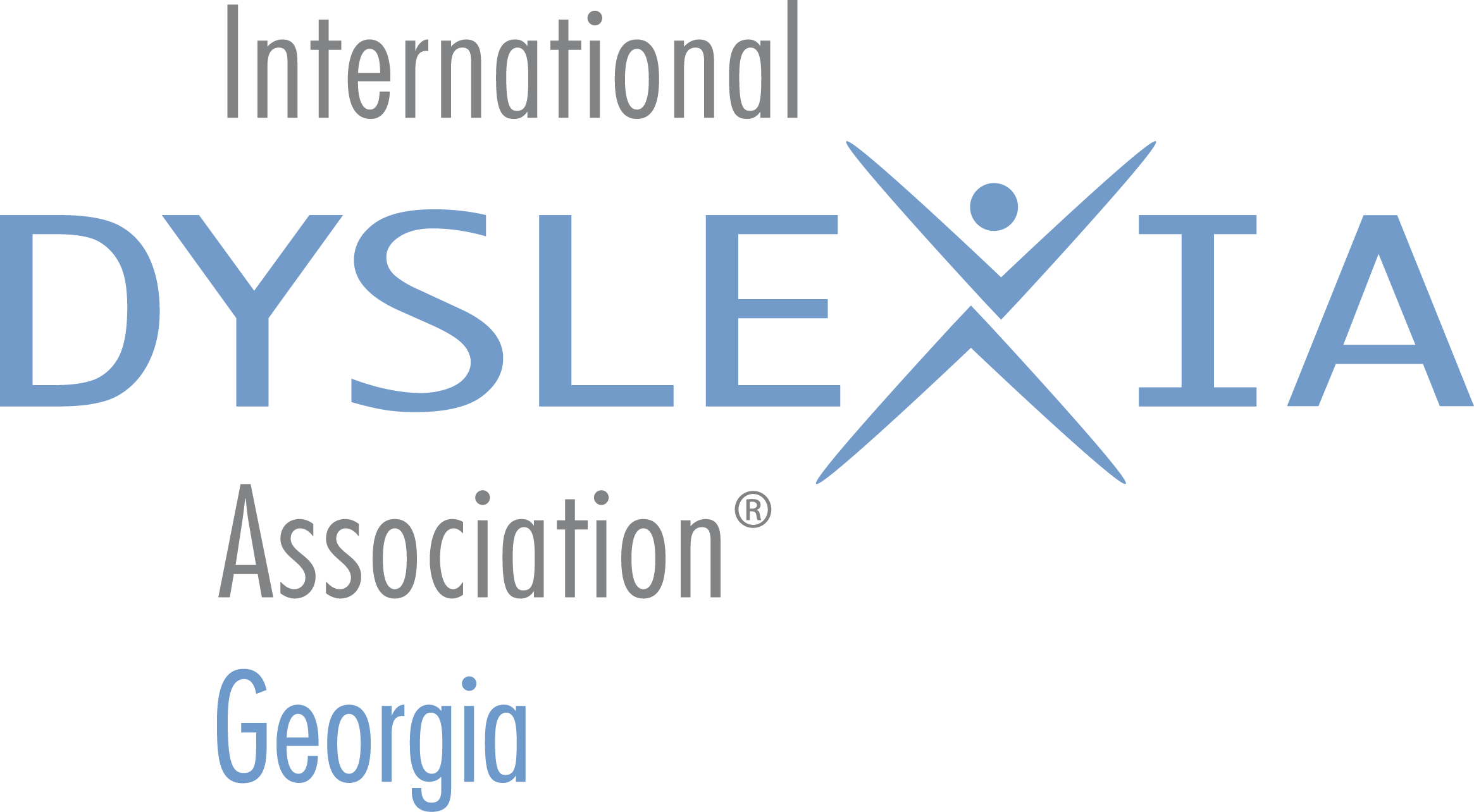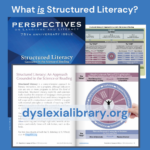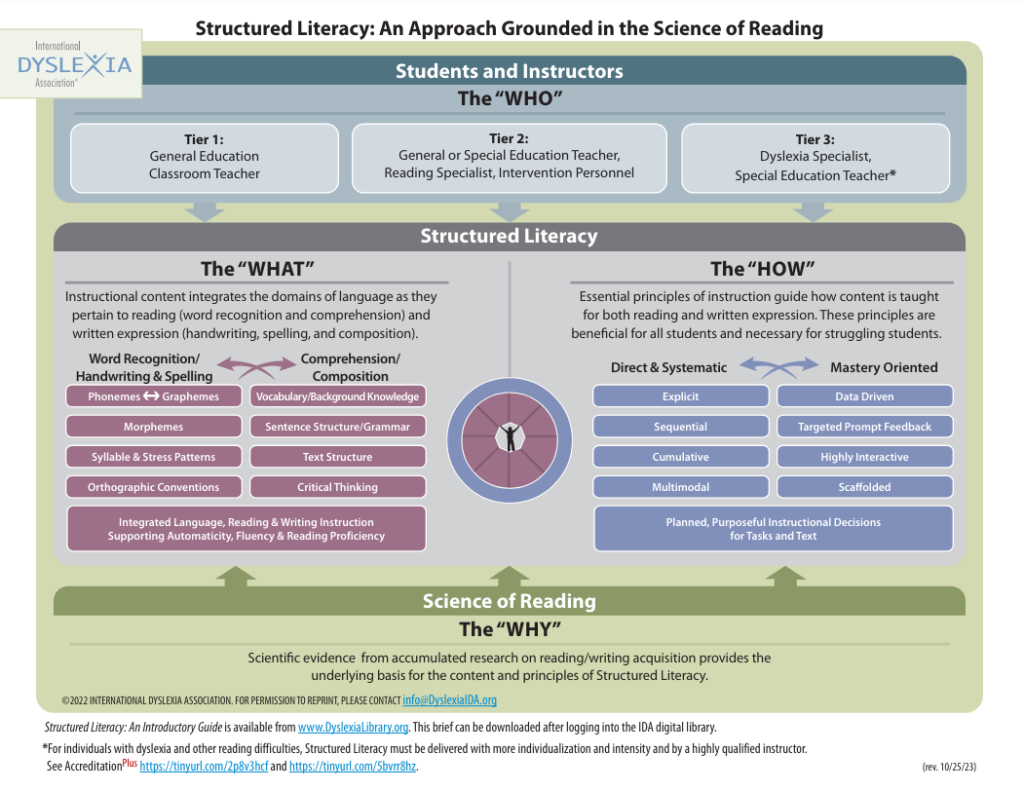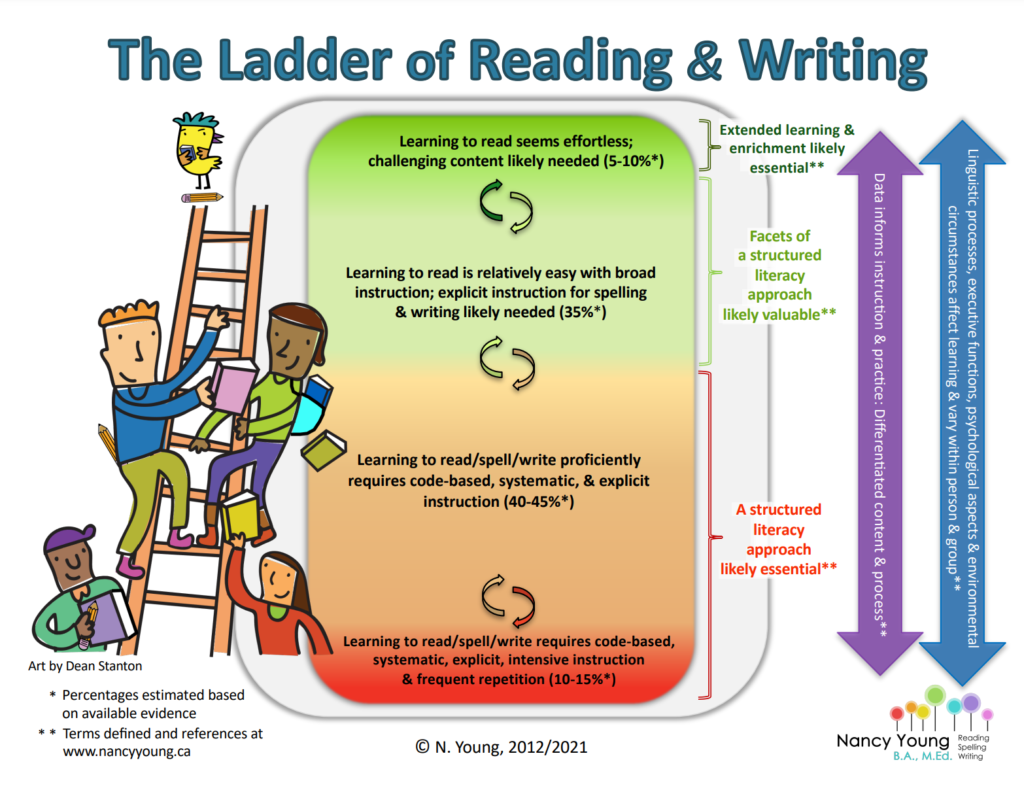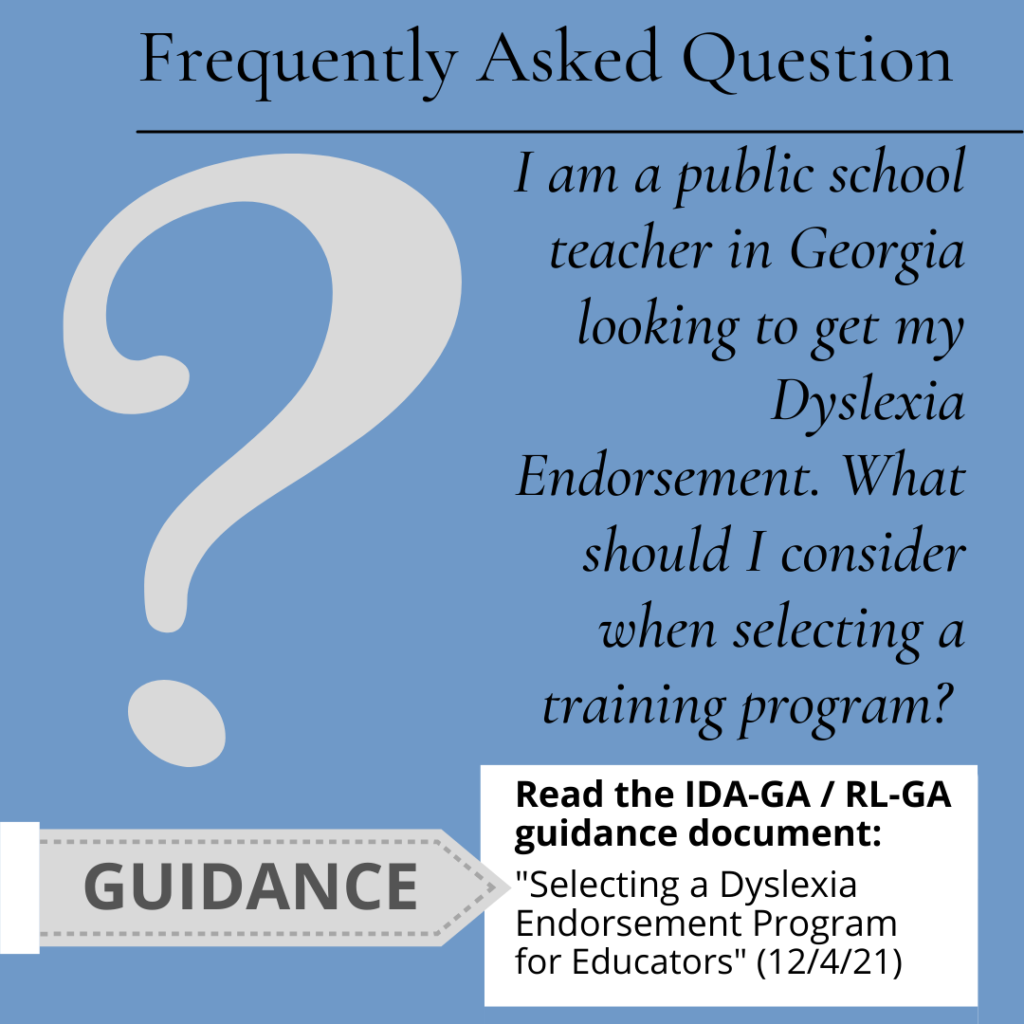Structured Literacy and Educator Training Opportunities
|
|
|
2024 Open-to-Public Summer Teacher Training Course Offerings in Georgia
Click HERE: Diving-Deeper-into-Dyslexia-Intervention
Georgia Literacy Academy
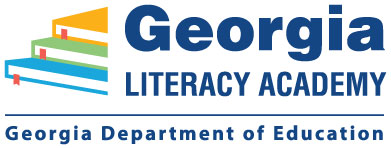
The Georgia Literacy Academy was developed in partnership with the Rollins Center for Language and Literacy and Cox Campus. This partnership brings the International Dyslexia Association accredited K-3rd Structured Literacy Program to Georgia Learns as Georgia’s free professional learning offering that meets the professional learning requirements of the Georgia Early Literacy Act.
2/24/2024
- Anyone can access the 10 courses through Cox Campus. When you access them through GLA, this allows the user to earn a “badge,” which then allows districts/the DOE to track how many badges were earned.
- Courses 1-3 are currently available on the GLA. Courses 4-9 will be available by mid-March 2024.
- Courses 1-9 are already available through Cox Campus. Click HERE to access through Cox Campus.
Scholarships for Teachers and Administrators
IDA-GA offers scholarships to classroom teachers and school administrators who are interested in taking courses that teach the components of Structured Literacy as outlined by the IDA Knowledge and Practice Standards. Click Scholarships in the Menu above for more information, or click here: https://ga.dyslexiaida.org/scholarship-applications-for-teachers-and-administrators/
If you would like to support the IDA-GA Scholarship Program, please contact us at https://ga.dyslexiaida.org/contact-us/.
What is the relationship between teacher knowledge, instructional programs, and implementation of best teaching practices?
Louisa Moats – “It’s teachers, not programs…”
Effective Reading Instruction
The Knowledge and Practice Standards / Structured Literacy (TM)
What is the Science of Reading?
- “The science of reading has culminated in a preponderance of evidence to inform how proficient reading and writing develop; why some have difficulty; and how we can most effectively assess and teach and, therefore, improve student outcomes through prevention of and intervention for reading difficulties. The science of reading is derived from researchers from multiple fields…” – www.whatisthescienceofreading.org
- Visit our Science of Reading Resource page: https://ga.dyslexiaida.org/science-of-reading-resources/
- Watch the IDA-GA 4/28/2021 webinar “FCRR – Advancing Reading Through Science” with Nicole Patton Terry, Ph.D. Use this timestamp created by IDA-GA volunteer M. Speer as a webinar guide. View slides.
The Science of Reading research informs our decisions about effective instructional practices. What is Structured Literacy (TM)?
- Watch this 8-1/2 minute video with Nancy Hennessey, former IDA President, giving An Overview of Structured Literacy (2019).
- Read the Educator Training Initiatives Brief, Structured Literacy: An Introductory Guide (March 2019).
- Read the IDA Fact Sheet entitled Structured Literacy: Effective Reading Instruction for Students with Dyslexia and Related Reading Difficulties
- Read Here’s Why Schools Should Use Structured Literacy, an article by L. Spear-Swerling, Ph.D. (June 2019).
The identification of individuals with dyslexia and other reading difficulties and appropriate instruction by a well-trained teacher using a structured approach to teaching reading has been a cornerstone of IDA since its beginning.
Although dyslexia and related reading and language problems may originate with neurobiological differences, they are mainly treated with skilled teaching. Effective classroom instruction delivered by a knowledgeable teacher, especially in the early grades, can prevent or at least effectively address and limit the severity of reading and writing problems. The methods supported by research are explicit, systematic, cumulative, and multisensory in that they integrate listening, speaking, reading, and writing. They are also multilinguistic, as they directly teach the structure of language at all levels, including the speech sound system (phonology), the writing system (orthography), the structure of sentences (syntax), the meaningful parts of words (morphology), word and phrase meanings (semantics), and the organization of spoken and written discourse. The strategies emphasize planning, organization, attention to task, critical thinking, and self-management. (Excerpt 2018 KPS Executive Summary https://app.box.com/s/21gdk2k1p3bnagdfz1xy0v98j5ytl1wk)
IDA Knowledge and Practice Standards for Teachers of Reading (KPS) outlines the components of Structured Literacy and defines what all teachers of reading need to know and be able to do to teach all students to read proficiently. The International Dyslexia Association’s Educator Training Initiatives (ETI) Committee has refined the Knowledge and Practice Standards (KPS) to bring greater specificity to how knowledge of the standards could be assessed in the context of coursework and how practical applications of Structured Literacy could be demonstrated in supervised practicum contexts.
IDA has begun aligning educator preparation resources, including publications, webinars, and information briefs, with the KPS to support their use in pre-service and in-service educator preparation contexts.
Georgia Dyslexia Endorsement Guidance
Are you a public school educator in Georgia looking to obtain a Dyslexia Endorsement? IDA-GA and TRL-GA have collaborated to create a guidance document (released 12/4/2021) to assist educators and administrators in making a more informed decision when choosing an endorsement program. View here: Selecting a Dyslexia Endorsement Program for Educators Guidance Document.
GA Professional Standards Commission Dyslexia Endorsement Guidance Document (Rule 505-3-.112, July 2020)
GaPSC Approved Dyslexia Endorsement Programs
Choosing the Training that is Right for You
Watch the IDA-GA 4/14/2021 webinar “What Educators Need to Know About Dyslexia Training Programs” with Nora Schlesinger, Ph.D. & Jennifer Lindstrom, Ph.D. Use this timestamp created by IDA-GA volunteer Madeline Speer as a webinar guide. View slides.
Courses and Workshops:
Disclaimer: The International Dyslexia Association (IDA) is pleased to present a forum for information to benefit its constituents. It is IDA’s policy not to recommend or endorse any specific program, product, institution, company, or instructional material, noting that there are a number of these that present the critical components of instruction defined by IDA’s Knowledge and Practice Standards for Teachers of Reading. Any program, product, institution, company, or instructional material carrying the IDA seal of accreditation meets the IDA Standards.
IDA-GA provides information about courses and workshops so that Georgia educators, administrators, and parents will know about the many opportunities to learn about struggling learners and the components of structured literacy. Please check with the individual training agencies regarding dates, times, and locations.
Dyslexia Endorsement Program – University of Georgia (non-degree)
Upon completion of the program, candidates will be prepared for and complete the International Dyslexia Association’s Structured Literacy exam, the KPEERI.
GaPSC Approved Dyslexia Endorsement Programs
Courses and Workshops offered by Independent Teacher Training Programs Accredited by IDA
University Programs Accredited by the International Dyslexia Association
University of Georgia Graduate Program – Certificate in Dyslexia (Online – 4 Semesters)
The Center for Effective Reading Instruction (CERI), a subsidiary of the International Dyslexia Association, issues certifications to those who possess the knowledge and skill necessary to implement Structured Literacy (TM) practices. The following CERI certifications are awarded only to those educators who have demonstrated the ability to have a meaningful impact on the rate of improvement for students identified as “at-risk” for reading failure or identified with a Specific Learning Disability, including dyslexia.
- Structured Literacy Classroom Teacher Knowledge Certificate
- Structured Literacy Dyslexia Interventionist Certification
- Structured Literacy Dyslexia Specialist Certification
To learn more about the certificate and certifications, please visit the Center for Effective Reading Instruction (CERI).
Teacher Preparation
Check back for updates for Georgia educators.
Reading 101 is a free, self-paced, 9-module professional development course for K-3 teachers, developed by Reading Rockets. The program, developed by Reading Rockets in collaboration with the Center for Effective Reading Instruction and The International Dyslexia Association, provides teachers with an in-depth knowledge of reading and writing so they are prepared to guide their students into becoming skilled and enthusiastic readers and writers. This course helps prepare teachers who are interested in taking the Center for Effective Reading Instruction (CERI) exam. Those who pass the exam can apply for certification as a Structured Literacy Classroom Teacher. The certification demonstrates that an educator is highly trained to teach reading effectively to all students in the classroom, but particularly those for whom reading is a challenge due to a native language other than English, lack of language exposure, or other learning challenges.
The following books are also recommended for teachers:
- Expert Perspectives on Interventions for Reading by L.C. Moats, K.E. Dakin, & R.M. Joshi (2012)
- Fundamentals of Literacy Instruction and Assessment, Pre-K-6 by M. Hougen & S. Smartt (2012)
- Multisensory Teaching of Basic Language Skills by J.R. Birsh (2011)
- Check back as we continue to add to this list additional books that are helpful for teachers interested in learning more about the Structured Literacy approach to instruction.
Articles:
- Moats, Louisa C. (2020) Teaching Reading Is Rocket Science, 2020: What Expert Teachers Should Know and Be Able to Do
This report is an update to the original Teaching Reading Is Rocket Science published by the American Federation of Teachers over 20 years ago and emerges from a collaboration between the AFT and the Center for Development and Learning. Together, they acknowledge that although some progress has been made in teaching reading effectively, too few at-risk, disadvantaged, and minority students have become proficient readers. Insufficient emphasis has been placed on understanding the science of reading, which, when appropriately implemented, can enable these students to make significant reading and writing gains.
- Joshi, M., Treiman, R., Carreker, S., & Moats, L.C. (2008/2009) How words cast their spell: Spelling is an integral part of learning the language, not a matter of memorization. American Educator, 32(4), 6-16, 42-43.
- Moats, Louisa C. (2005). How Spelling Supports Reading. American Educator, Winter 2005/06, 12-43.
“Teaching reading to a student who does not learn easily or naturally is a complex and challenging professional enterprise that requires deep knowledge of content, of the cognitive and language factors that shape student learning, and of pedagogical detail.”
— Dr. Louisa Moats
Conference Audio Recordings with PowerPoints
Consider becoming a member of IDA. IDA Teacher and Professional membership levels now include on-demand access each year to a choice of recorded sessions from the past year’s conferences.
